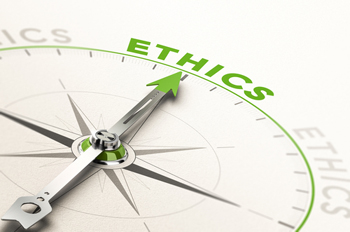Second state adopts ABA model rule barring discrimination and harassment by lawyers

Maine has adopted an ABA model rule that bars discrimination and harassment by lawyers.
Maine is the second state to adopt Rule 8.4(g) of the ABA Model Rules of Professional Conduct, according to Bloomberg Law. Vermont was the first.
Maine’s Supreme Judicial Court adopted the new rule, which takes effect June 1. It differs slightly from the ABA model rule, according to Bloomberg Law.
The ABA rule says it is professional misconduct to “engage in conduct that the lawyer knows or reasonably should know is harassment or discrimination on the basis of race, sex, religion, national origin, ethnicity, disability, age, sexual orientation, gender identity, marital status or socio-economic status in conduct related to the practice of law.”
The Maine ethics rule does not bar discrimination based on marital and socio-economic status.
A comment to the ABA rule says conduct related to the practice of law includes participation in bar association, business or social activities in connection with the practice of law.
The Maine rule does not define law practice to include bar, business and social activities.
The ABA House of Delegates adopted the model rule barring discrimination in August 2016. Critics have argued that the rule chills speech and interferes with religious freedom.
About half the states already had an anti-discrimination provision in their rules before the ABA adopted its model rule. Many of those state rules were more narrowly drafted, however.
Josh Blackman, a professor of constitutional law at the South Texas College of Law, said in a 2016 law review article that ABA Model Rule 8.4(g) fails to require that the harassment or discrimination be severe or pervasive, a key component of federal and state anti-discrimination laws.
Blackman told Bloomberg Law that the rule “is well-intentioned,” but it could suppress lawyer speech on matters of public concern if it is viewed as demeaning to others.
Stephen Gillers, a legal ethics professor at the New York University School of Law, has another view. “The preposterous claim that the First Amendment entitles lawyers to make racist, sexist and homophobic statements in connection with law practice is an embarrassment,” Gillers told Bloomberg Law in an email.



